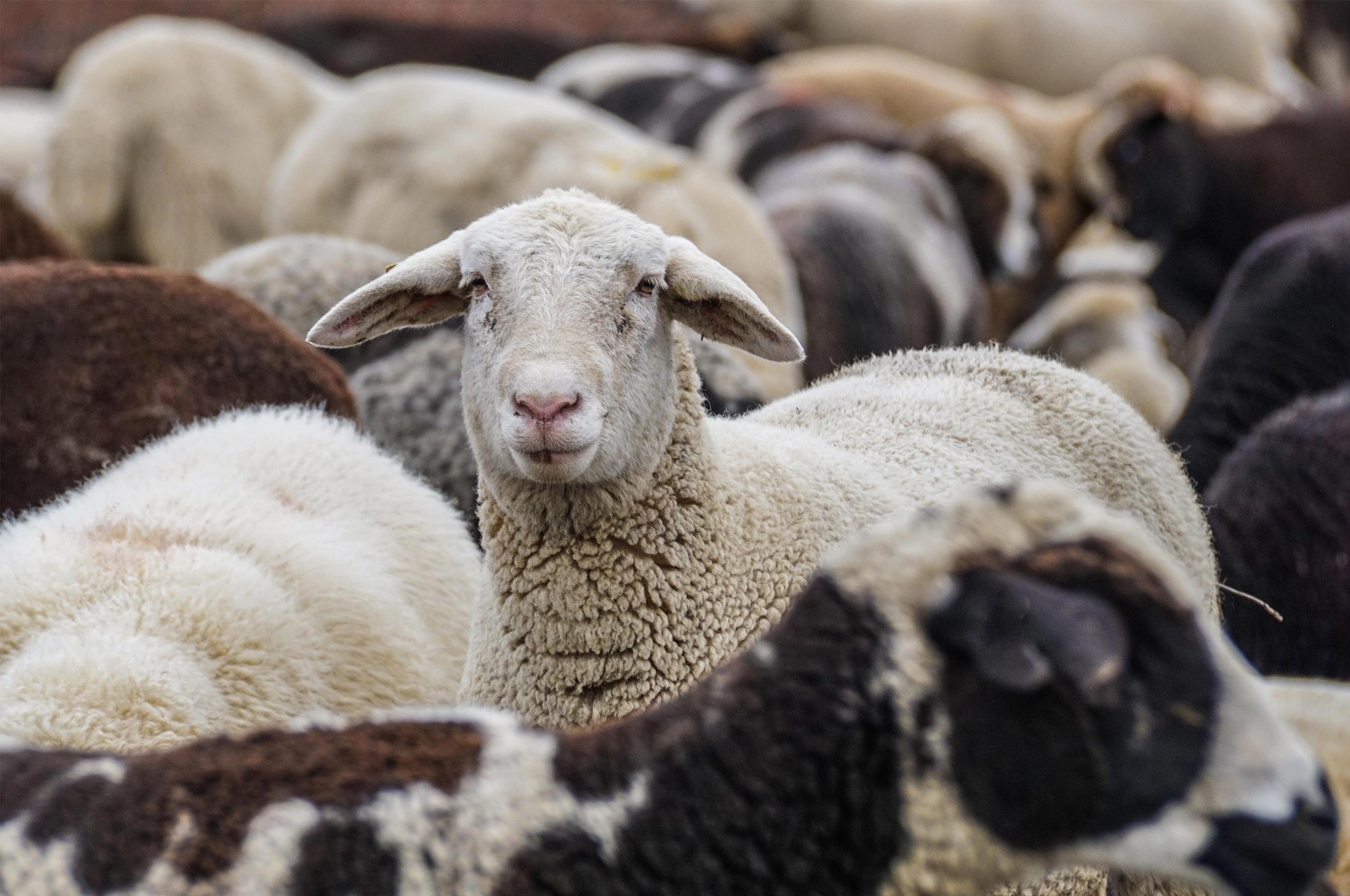The vaccine frontier

In some areas of research, time is of the essence – and getting vaccines to animals is a prime example.
Although researchers are responsible for finding the treatment. It’s their commercial partners who fast-track the product to market. The sooner this happens, the sooner the vaccine has the chance to save the lives of animals. In some cases, boost entire industries.
Timeliness is well understood by Professor Travis Beddoe, a biochemist at La Trobe who has worked on treating a number of animal-based diseases, including a highly infectious deadly disease among racing pigeons.
‘I’ve had a commercial vaccine on the market since 2019 for racing pigeons against rotavirus,’ Travis explains. ‘From a welfare point of view it's been quite important – a lot of people are really attached to their racing birds.’
It’s also important from an economical point of view. A highly elite global sport (in 2019, a racing pigeon was sold at auction by a Belgian breeder for a record AU$1.99 million) – the pigeon-racing industry was devastated by the onset of rotavirus, which has a mortality rate of around 30%.
In a feat of fast working, the turnaround time on this emergency vaccine. From lab to market – was just nine months.
Innovation reaps rewards
GeneWorks is a commercial partner on another of Travis’ key projects, which addresses an enormous issue facing Australian sheep farmers. Foot-rot, an infection of a sheep’s hoof that can spread quickly through a flock, costs our agriculture industry millions of dollars every year.
Backed by GeneWorks, who are co-located at La Trobe. Travis developed a diagnostic tool that allows farmers to diagnose the infection on-site at a very early stage, days before symptoms are even visible.
‘The tool involves taking a swab from either the animal or the environment, then testing the sample in real-time to give a yes or no result on whether the disease is present,’ Travis explains.
‘The impact across the agricultural industries is going to be huge, because it allows you to do your own diagnostics in the field, and then manage the disease early. It’s going to be very valuable.’
The tool is scheduled to hit the market in the next twelve months.
The real benefits of co-location
Travis says the decision to have GeneWorks co-located on campus was made before the funding application process had even begun.
‘Their offices are basically across the road from me, it makes perfect sense,’ says Travis. ‘It’s much easier to drive projects forward if we’re working in the same location – it means you can drop across and have a cup of coffee and a chat.’
Proximity aside, Travis says a key benefit of co-location is the ability to train PhD students in the entire pathway: from research in the lab, to developing a commercial product.
‘I think that's really important training for PhD students. Not everyone can get a job in academia and having that experience in commercialising and manufacturing means their expertise can be applied to other biotech companies.’
This has flow-on effects for other co-located partners at La Trobe, and Travis says the University is well positioned to host start-ups and emerging companies.
‘The University has done well in encouraging various industries through the door,’ says Travis. ‘Not every industry that comes through leads to a grant or a partnership, but the ones that do are fruitful and generate a lot of interest.’
A long list of successful industry partnerships means Travis is well versed on this topic. He continues to work on a number of vaccines, treating pox in crocodiles in the Northern Territory, and even guarding domestic rabbits against myxomatosis and calicivirus.
‘I think the success we’ve had in attracting various industries is that we generate results, and provide what the industry wants. That trust with industry becomes really important because they’ll come back to you looking to solve their next issue.’
